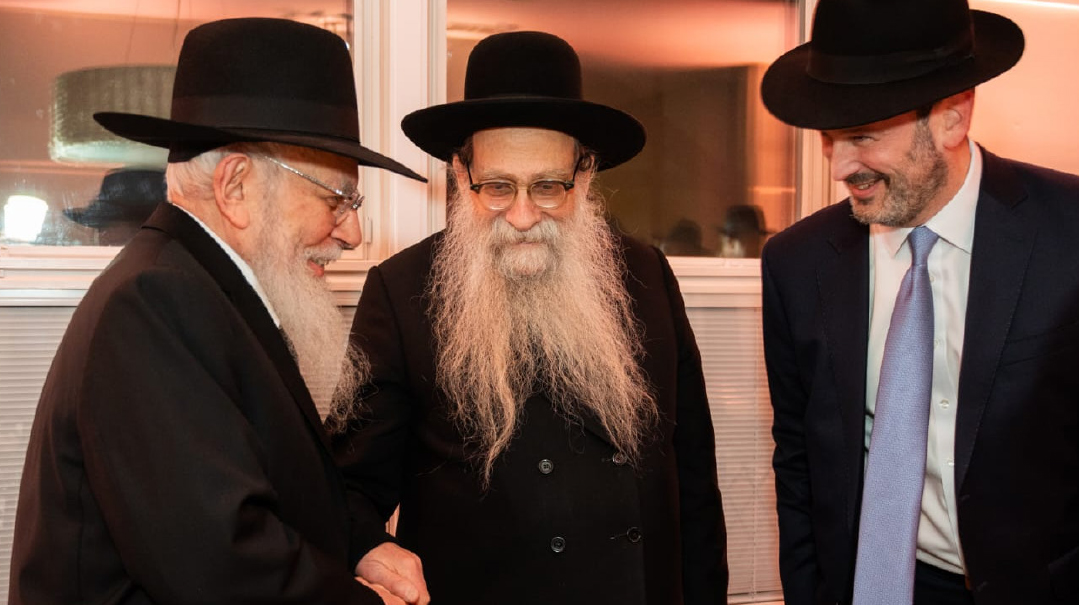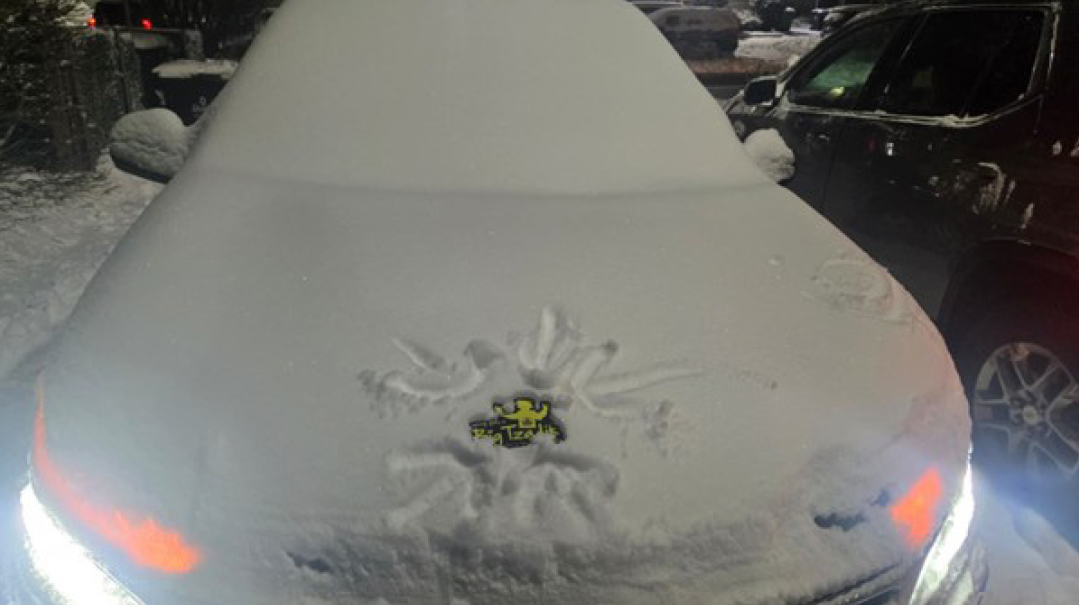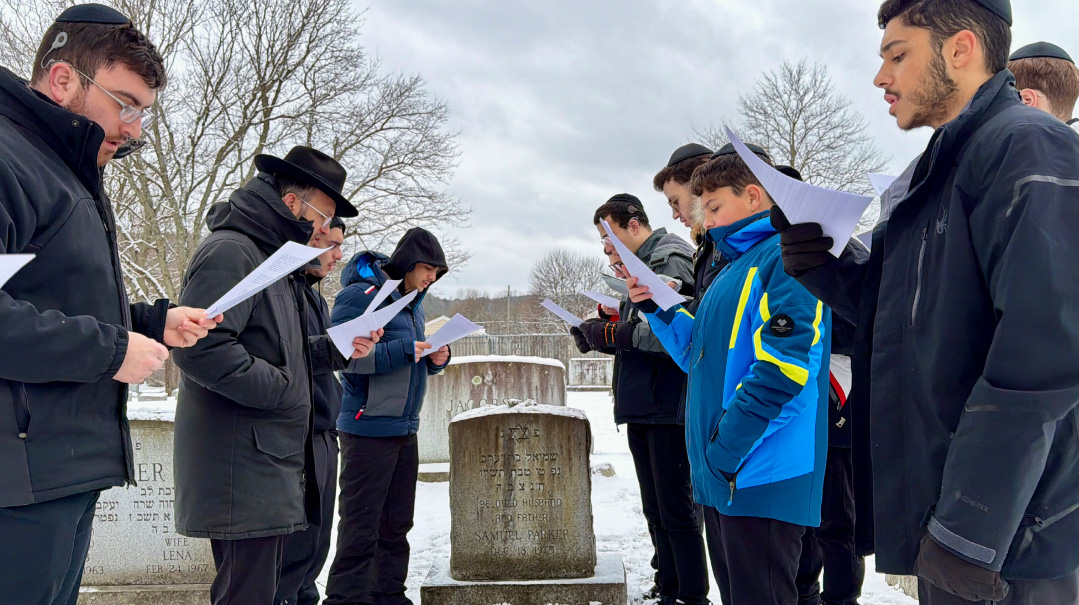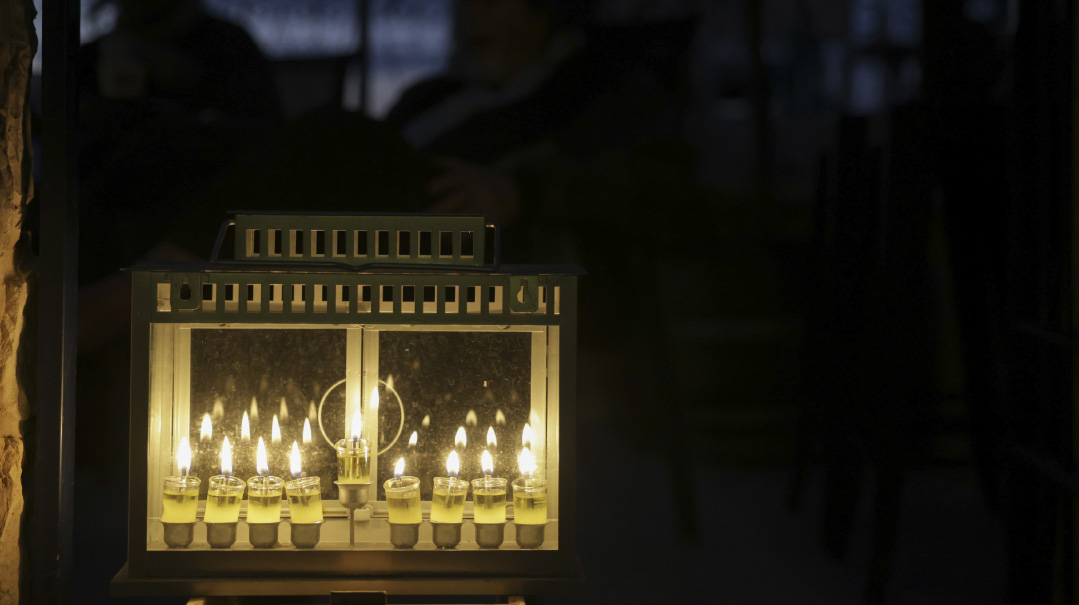Coping during Corona
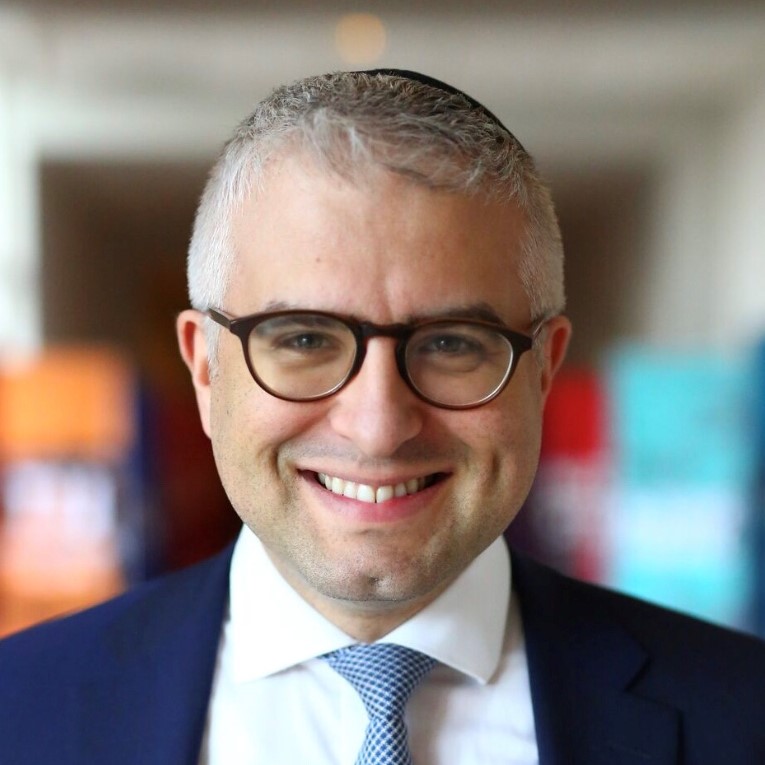
I’m writing for myself here. Feel free to listen in
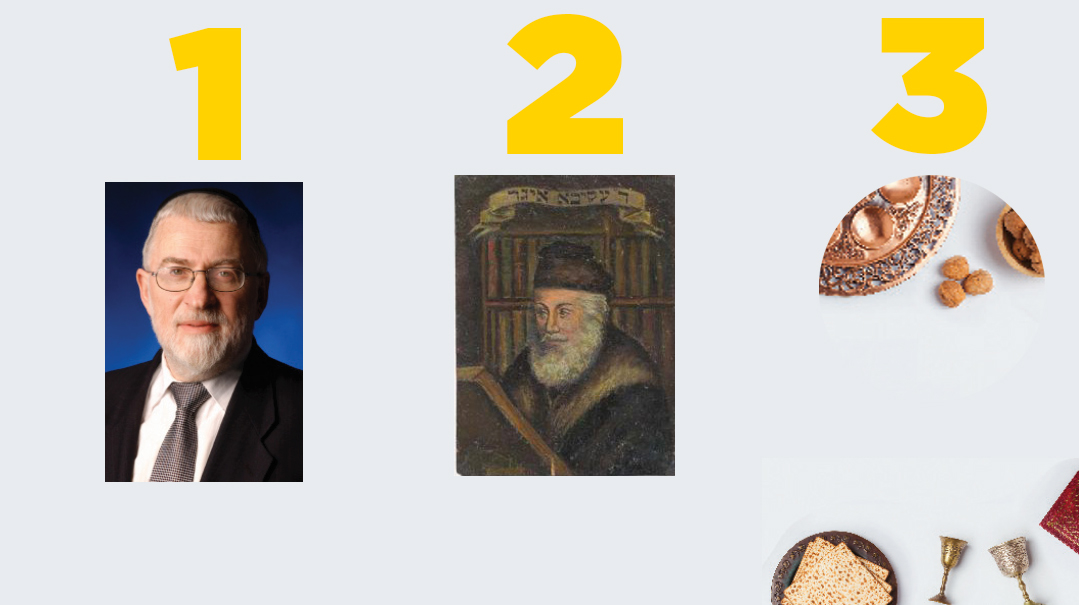
My parents remember exactly where they were when JFK was assassinated. Most people of that generation do. I remember where I was sitting when I discovered that terrorists flew into the Twin Towers. But here’s the thing — I have no recollection of when this corona thing started. Because it happened so gradually but also so quickly. So, here I am, trying to find words to organize my thoughts. When the great baalei mussar would speak, they would often preface their words, “I’m talking to myself, but everyone can listen in.” It’s been generations since someone said this sincerely, but, if you’ll allow me, I’m writing for myself here. Feel free to listen in.
#1 Comfort of Torah
People have been struggling how to find meaning. Maybe meaning is the wrong word. People have been struggling to find stability. One way we’ve found stability is through meaning. We’ve been sent powerful messages from rabbanim, stories of the struggle of previous generations. Others have been sending around jokes. If we can joke, maybe we can make this feel normal? Still, few things were bringing me any sense of stability in this crisis. The jokes were recycled, the inspiration wasn’t reaching me. I did, though, have one clear moment of profound comfort. I got a letter from my rebbe. Well, not really a letter and not really from my rebbe. But Rav Hershel Schachter began circulating teshuvos on different halachic issues people are facing this year. The first one was about tevilas keilim in a town where the mikveh is closed. I looked at the teshuvah with its familiar letterhead and Rav Schachter’s signature font — he writes in Rashi script (see Rema on Yoreh Deiah 284:2). There is something deeply moving about Rav Schachter’s writing these past few weeks. It’s immediate, takes into account contemporary technological developments, but it also feel very old. In his words, you can feel him reliving the crises, dilemmas, and considerations of previous generations. In general, I am not one to be inspired solely from a novel ruling in halachah. But these have felt different to me. It’s less about his conclusions and more a reminder about where our Torah can reach. I’m tired of getting rabbinic announcements from websites and WhatsApps. Just seeing his letterhead brought me comfort, knowing that a talmid chacham, nearly 80, is sitting alone in his apartment trying to figure out how the Jewish People will toivel their dishes this Pesach, deal with taanis bechoros, and kasher their dishwashers.
It’s Rav Schachter, and a whole stream of contemporary poskim, many of them not feeling well and in isolation — Rav Asher Weiss, Rav Dovid Cohen, Rav Shlomo Miller and so many others — transforming mundane objects in extraordinary circumstances. These past few weeks everyone seems to be struggling like the ben she’eino yodeia lishol, the child at the Seder who does not even know how to ask. Will this meme bring a smile? Is it too soon for this joke? And I looked at Rav Schachter’s letterhead and found comfort that people are still asking questions and he is giving answers.
#2 Apart, but Always Together
In 1778, Rav Akiva Eiger, just 17 years old, got married. Unfortunately, his parents couldn’t be present at the wedding. Most of his family couldn’t make it. His beloved uncle, Rav Wolf Eiger, one of the eminent Jewish leaders at the time, could not make it either. Instead he sent a letter, later printed in his nephew’s responsa on Orach Chaim 29. He writes, “All of the leaders of the city are rejoicing together at the celebration made on your behalf.” Rav Wolf Eiger couldn’t be at his nephew’s wedding, but he celebrated anyway.
Centuries later, when I was in yeshivah, if you couldn’t make a close friend’s wedding but wanted to celebrate anyway, it was called a Seudas Rav Akiva Eiger. Even though you’re apart, you can still be together. My old and dear friend, Reb Yossi Rabinowitz, would always make the signs in yeshivah when a bochur got engaged. When the person getting engaged was no longer in the yeshivah, there was a line he always incorporated, taken from the introduction of Rav Nebenzhal’s sefer M’Tzion M’chlal Yofi: “mirichuk hamakom, vekiruv halev [from a great distance, with closeness of heart]”. I’ve been thinking a lot about that line the past few weeks. We are all separated from those we love, but we still have all found ways, though they’re far from ideal, to create a closeness of heart. This Seder, for all of us, will be a Seudas Rav Akiva Eiger. Mirichuk hamakom, vekiruv halev.
#3 Alone
Pesach is going to be very difficult this year. I know many people who will be having their Seder alone. Most will be without their closest family. I was planning on hosting my parents for Pesach. L’shanah haba. These days, I’ve been thinking a lot about an incident in my life that I’ve shared with almost no one. About nine years ago, before I was married, I spent a Seder by myself. My parents were spending Pesach with my sisters in Eretz Yisrael and I refused to go. I was just past the age where it felt normal sharing a bedroom with my nieces and nephews. My mother begged me to spend Pesach with another family, but I didn’t want to be a guest at the Seder. So that year, I spent Leil HaSeder alone in my parents’ kitchen, and yes, it was a bit sad. Anytime you’re by yourself or without your usual support group, your mind speaks a little louder and a little less cautiously. When you’re alone, questions you can distract yourself from in crowds become a little harder to avoid. I asked myself the Mah Nishtanah. Why is this night different than all other nights? I looked around at the answer. But as the night progressed it became more comforting. Lo al yedei shaliach, v’lo al yedei malach. G-d redeemed the Jewish People alone, and tonight my redemption felt the same. Echad mi yodeia, Who knows one? I knew one. Seder night is called Leil Shimurim, normally translated as a night of protection. But “shomer” also means to anticipate. And just like that night alone, this Seder for many will be a night of anticipation. I waited that night for a family of my own who could ask me the Four Questions. This year we’ll all be anticipating something else. A night where we collectively long for the family Sedorim with all their drama, with all the coordination, disappointment, family politics, and overtired children. We usually sing together at the end of the Seder, Leshana haba b’Yerushalayim. Wherever we are next year, I just hope it is together.
(Originally featured in Mishpacha, Issue 806)
Oops! We could not locate your form.






